In Colombia, the idea of public and state university began to take shape shortly after the Independence of our country. Under Santander's administration, from the Vice-presidency of the Gran Colombia, the Central University of the Republic (with seats in Bogota, Caracas and Quito) was established as the first legal-institutional expression of the public university in Colombia. Around 1830, the university began to operate with professors and students who kept the experience of the Botanical Expedition alive.
Later on, the federalist and radical governments, arguing that the universities were teaching and work monopolies that threatened individual freedom, closed down the Central University until 1864, when José María Samper, long-time radical, presented a bill before the Congress about what he called National University of the United States of Colombia. On September 22, 1867, it was officially founded by means of Law 66 issued by the Congress.
At that time, the University consisted of six faculties: Law, Medicine, Natural Sciences, Engineering, Arts and Crafts, Literature and Philosophy. The Astronomical Observatory, the National Museum, the National Chemical Laboratory, the National Library, the Charity Hospital and the Military Hospital were also appended.
Between 1903 and 1940 more than 20 degrees were created in the University, among which are: Architecture, Nursing, Pharmacy, Chemical Engineering, Veterinary Medicine, Dentistry, and Chemistry. At the end of the 1960s, master's degrees were boosted both in the National University and in the country. The first master's degree programs were created between 1967 and 1973. The first doctoral programs in the country were started in 1986 in the fields of mathematics and physics.
The National University of Colombia, with more than 145 years of existence, has promoted equal access opportunity to the Colombian educational system and has formed socially responsible and competent professionals.
The University offers 94 undergraduate programs, 86 graduate certificate programs, 38 certificates in the healthcare field, 133 master's programs, and 51 doctoral programs.
Medellín Campus
In 1936, by means of Agreement 131 of the Superior Council, The National School of Mines (founded in 1886) was attached to the National University of Colombia. Two years later, the School of Tropical Agriculture of Medellín was also attached to the National University; that school is today's Faculty of Agricultural Sciences. Between 1954 and 1975, the Faculties of Architecture, Sciences and Human Sciences were created, which established a new academic structure for the campus.
 Correo Electrónico
Correo Electrónico
 DNINFOA - SIA
DNINFOA - SIA
 HERMES
HERMES
 Intranet
Intranet
 Régimen Legal
Régimen Legal
 Bibliotecas
Bibliotecas
 Bibliotecas - Medellin
Bibliotecas - Medellin
 Producción editorial
Producción editorial
 Portal de contratación
Portal de contratación
 Convocatorias
Convocatorias
 Convocatorias de Sede
Convocatorias de Sede
 UN Pago virtual
UN Pago virtual
 Sara
Sara
 Identidad U.N.
Identidad U.N.
 UN Virtual - MOODLE
UN Virtual - MOODLE
 Bienestar Universitario
Bienestar Universitario
 Portafolio de Servicios
Portafolio de Servicios
 Unimedios Sede Medellin
Unimedios Sede Medellin
 Unisalud
Unisalud
 Sección de Aplicaciones
Sección de Aplicaciones
 Gestión Documental y Patrimonio
Gestión Documental y Patrimonio
 División de Contratación
División de Contratación


